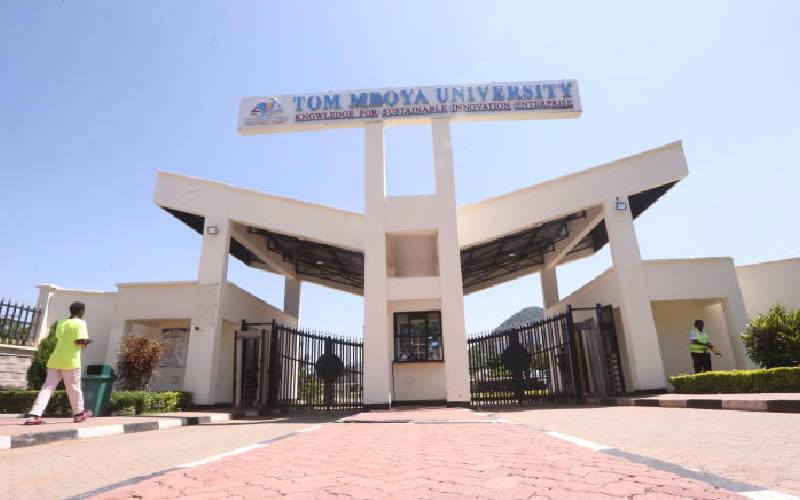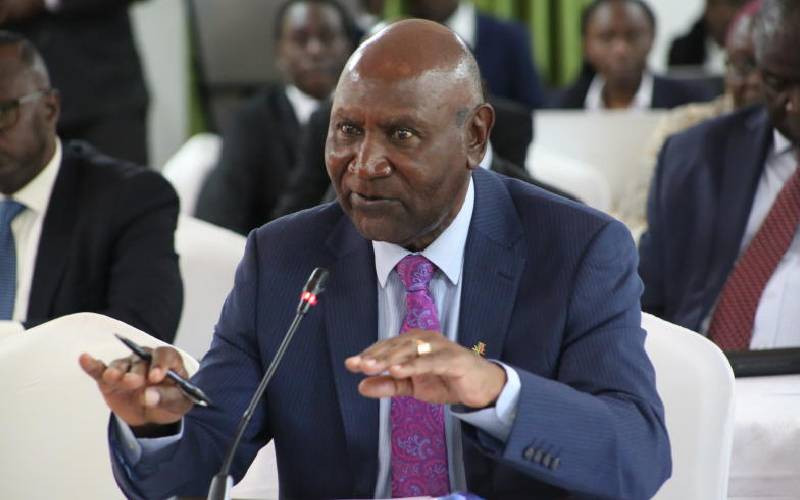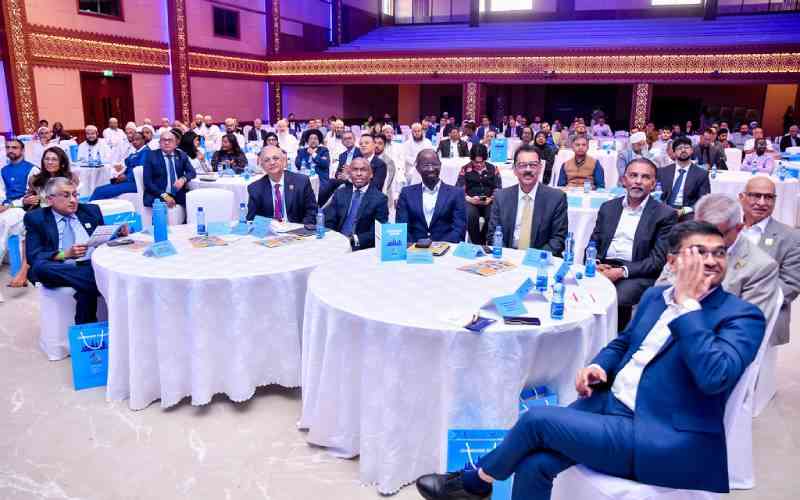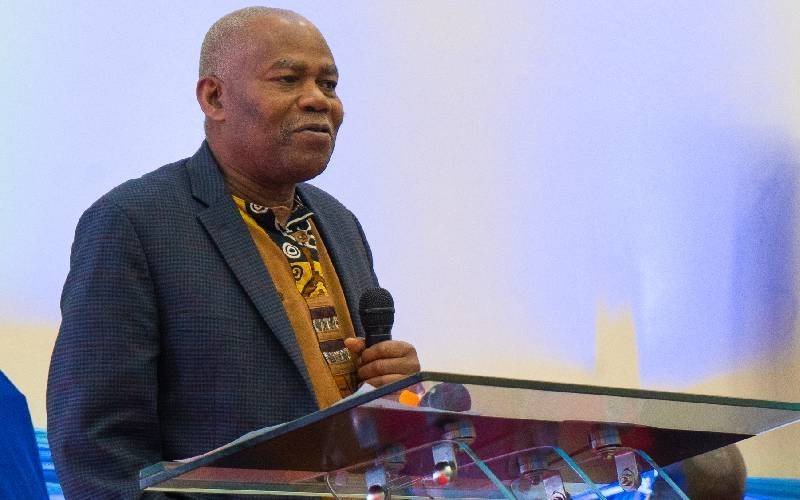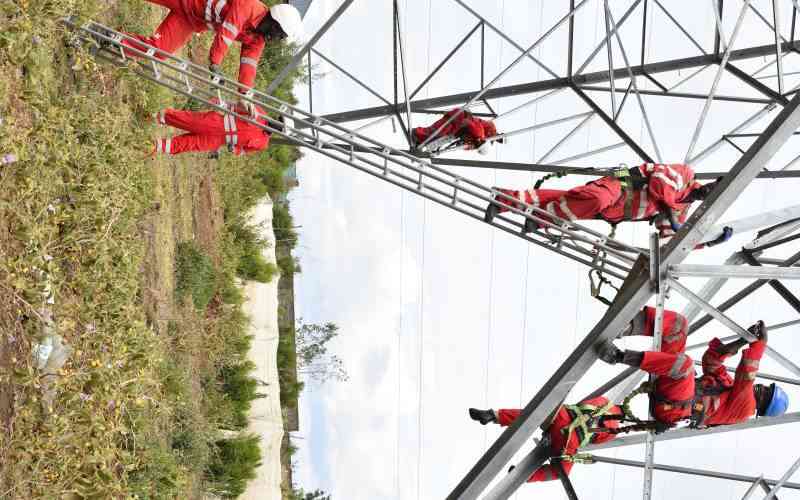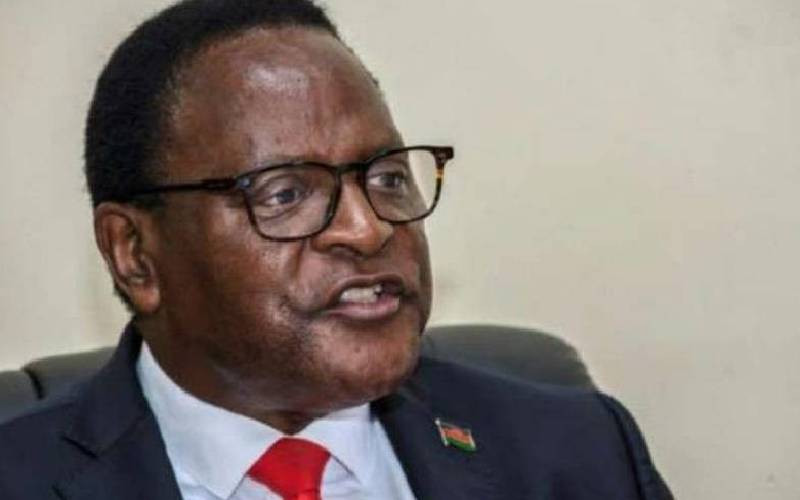
Comparisons have been drawn between Malawi’s recently concluded presidential election and Kenya’s upcoming poll, scheduled for August 2027. Some analysts argue that Malawi’s outcome foreshadows potential electoral defeat for Kenya’s incumbent president, who is seeking a second term. They liken his situation to that of other African leaders who have lost re-election bids after serving only one term, suggesting a growing continental trend toward rejecting incumbents. But is this truly the case?
Malawi’s outgoing president Lazarus Chakwera shares notable parallels with President William Ruto. Both leaders secured electoral victories – Chakwera in 2020 – on the strength of ambitious campaign promises. Chakwera pledged to revive a struggling economy, create employment opportunities with a particular focus on youth and ensure access to affordable fertiliser to support Malawi’s predominantly agrarian economy. He also committed to advancing infrastructure through digital reforms, social programmes, presenting these initiatives as part of a broader, long-term vision for national progress.
That, however, is where the similarities end. Chakwera has faced significant challenges in revitalising Malawi’s economy. Inflation currently stands at 27 per cent, and the cost of living has soared by 75 per cent over the past year, according to the Centre for Social Concern, an NGO. The country is grappling with acute shortages of foreign exchange reserves and persistent power outages.
In contrast, Ruto inherited an economy burdened by a decade of unsustainable public borrowing. Through a series of difficult but strategic reforms – undertaken in partnership with Bretton Woods and other multilateral lenders – Ruto successfully restructured Kenya’s most pressing public debt obligations. These efforts have helped avert a debt default and laid the groundwork for economic stabilisation.
Under Ruto’s leadership, fuel prices have stabilised and petroleum products are now easily accessible across the country. Kenya’s foreign exchange reserves reached a historic high of USD 10.59 billion in June this year, significantly enhancing the nation’s economic resilience and capacity to withstand external shocks.
Moreover, Ruto has launched a fertiliser subsidy programme that has delivered impressive results. Maize production – the cornerstone of Kenya’s food security – has surged from 35 million bags in 2020 to a record 74 million 90-kg bags in 2024. This dramatic increase is largely attributed to the distribution of seven million bags of subsidised fertilizer to farmers. As a result, Kenya’s food import bill declined by 12.87 per cent, falling to Sh266.4 billion in 2024, driven by higher domestic output of maize and sugarcane. The import bill may yet fall further by year-end, buoyed by strong yields from the Rift Valley’s maize-producing regions and growing contributions from the local fisheries sector, with fish imports having declined by 11 per cent.
Perhaps Chakwera’s greatest weakness has been his lack of political experience. Coming directly from the pulpit, where he was a respected preacher, he has struggled to navigate the complexities and power dynamics of politics. His main rival from the 2020 election has once again challenged him – and this time, emerged victorious.
In contrast, Ruto is a shrewd political strategist with a strong grasp of statecraft. He has also formed an alliance with his main opponent from the last election under a “broad-based government” arrangement. This coalition could last until the next elections and significantly boost his electoral support.
Mr Khafafa is a public policy analyst



